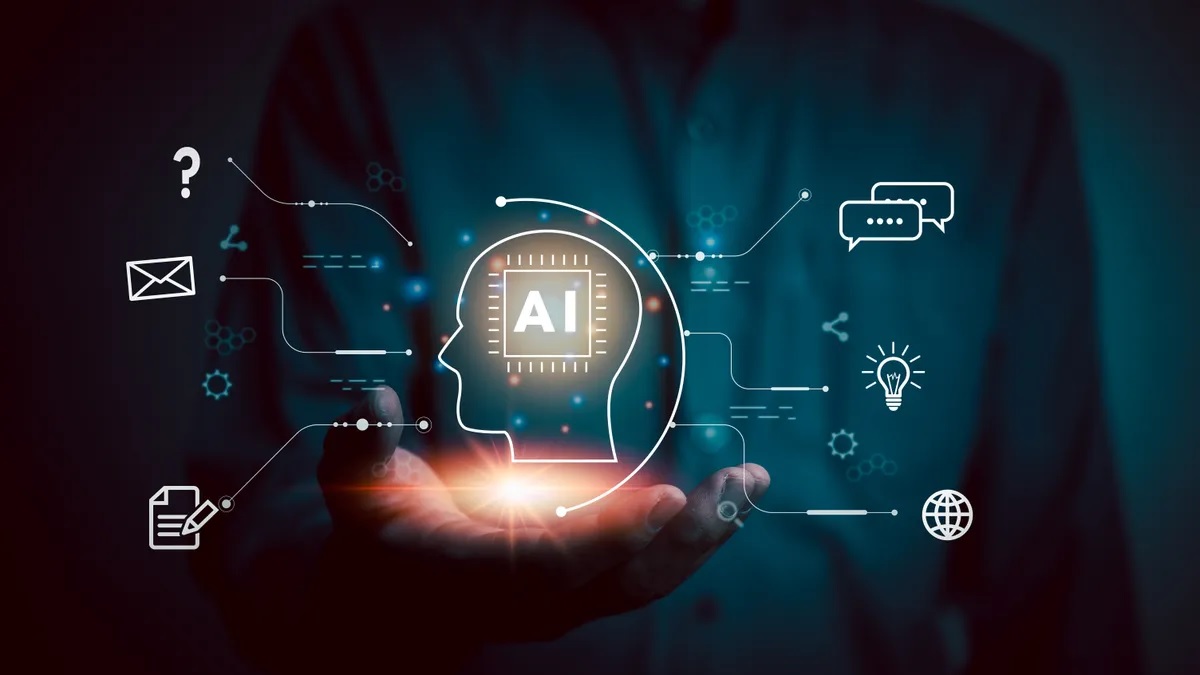
By Azeez Disu
Artificial Intelligence (AI) has emerged as a game-changer in various industries and businesses across the globe, including Nigeria. As the future of work and industry continues to evolve, businesses that fail to adapt to AI technology risk being left behind.
AI is revolutionizing advertising and marketing in Nigeria, helping businesses cut costs, and opening new opportunities for growth. From AI-generated ads to predictive analytics, companies are leveraging technology to enhance customer experience and drive sales. Coca-Cola’s AI-generated Christmas ad and similar campaigns showcase the power of AI in advertising, enabling businesses to create engaging content quickly and cost-effectively.
AI-Generated Ads
AI-powered ad campaigns are changing the advertising landscape across the world. East Africa’s leading telecommunications company, Safaricom unveiled what it claims to be Africa’s first AI-generated TV ad recently. The company and others across the continent have since rolled out AI-driven campaigns on different platforms, showcasing the potential of AI in advertising.
Generative AI platforms such as ChatGPT, Midjourney, and others are increasingly becoming the most sought-after for creative projects.
Lanre Adisa, President of the Association of Advertising Agencies of Nigeria (AAAN), argues that AI will enhance creativity, not threaten the industry contrary to job loss forecast by some industry stakeholders.
“AI is just a way of doing things better, doing it faster, doing it better than a human being could possibly do. But there is still the role that will be played by human beings. So, this is what we have to brace ourselves for and how do we embrace AI in a way that makes our lives easier. But AI on its own cannot do our work without our influence. First, we, as a people, and as an industry, we have to embrace AI in ways that will make our work a lot easier to do. Having stated this, I can say with confidence that AI is not in any way a threat,” he explained.

Nigerian Businesses and AI Deployment
Brands in various industries, including banking, fintech, aviation, tourism, and manufacturing, are leveraging AI to lower costs, enhance customer experience, and drive growth.
AI-powered chatbots and virtual assistants are becoming increasingly common, providing 24/7 support and handling a wide range of inquiries for businesses.
Several Nigerian banks, such as GTBank, Access Bank, First Bank, and UBA, are deploying predictive analytics, chatbots, AI-powered customer service, and AI-driven customer engagement platforms to enhance operations. Also, e-commerce brands like Jumia, Konga, and Temu are using AI-driven customer service, product recommendation, and predictive analytics to change the e-commerce and retail landscape.
Similarly, the Manufacturing Association of Nigeria (MAN) believes that the efficient adoption of AI will be a game-changer for the manufacturing sector in 2025 and beyond. AI will help enhance production and productivity, improve capacity utilization, innovative product development, and efficient logistics operations. As technology adoption through research and development fast-tracks the emergence of transformational growth in the real sector of the economy, manufacturers are gearing up for the exciting journey ahead.
Victor Afolabi, Group CEO, Hazon Holdings, emphasizes that AI has the potential to revolutionize the way businesses operate, and entrepreneurs must be willing to adapt and leverage the technology. “Whether you’re a seasoned entrepreneur or just starting, AI has the potential to revolutionize the way you operate,” he said.
The Future of Advertising and Marketing
Olu Akanmu, CEO of Phillips and Samuel Ltd (Advisory Services) highlights the impact of AI on advertising and marketing. He emphasizes that the days of high-budget production costs are thinning, and AI will accelerate content creation, breaking down traditional boundaries in the industry. The opportunity to redefine and expand the client base is immense, but the industry must adapt to this new reality.
“The days of heavy budgets for the production of ads and brand commercials are thinning. While the mobile phone has enabled nontraditional ad people to get into advertising, now more of content creation, AI will accelerate the same and break down the traditional boundaries and protection walls of the ad industry. The value will move to ‘strategy and aligned creative strategy’, great content and ads will no longer be the preserve of big brands that have big budgets,” he stated.
He added, “It is an opportunity for the ad industry to redefine and expand its client base to bring in smaller clients and SMEs which they could not serve with their traditional higher-cost business models. If they don’t, the advertising industry (if that definition still even holds) would be heavily disrupted as new nontraditional players build low-cost business models at scale around small businesses that traditional agencies have historically ignored and cream their business base from the bottom while moving up to higher and bigger clients size over time.”
As AI continues to transform the marketing and business terrain in Nigeria, companies must be willing to adapt, innovate, and leverage the technology to drive growth and success.







